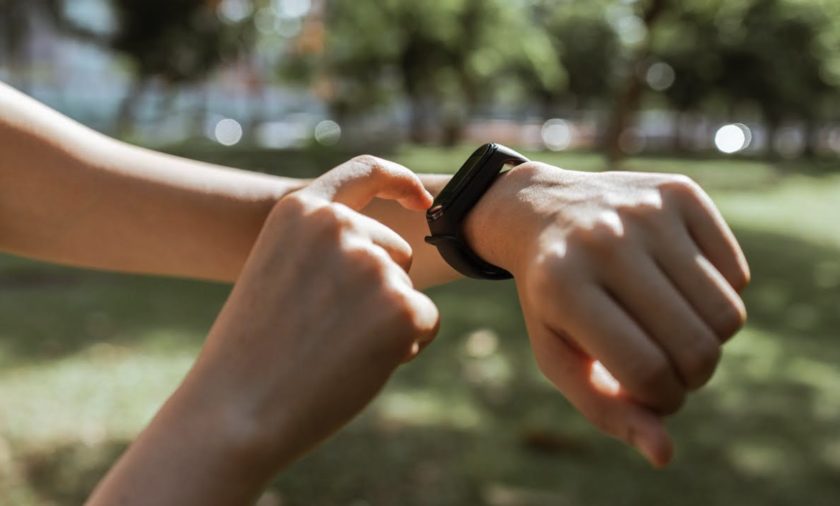Chester researchers unravel the complex impact of Fitbits on exercise and wellbeing

Researchers at the University of Chester have brought to light some surprising effects of wearable activity trackers, particularly Fitbits, on both physical activity and work-related wellbeing.
This revelation comes from a study titled ‘I Wear a Fitbit; Therefore, I Am a Bitfit? Exploring the Impact of a Fitbit Device on Exercise and Work-Related Wellbeing,’ recently published in the Journal of Technology in Behavioral Science.
Dr Nicola Lasikiewicz and Dr Annie Scudds, from the School of Psychology, spearheaded the research, focusing on how these popular devices impact our daily lives.
Contrary to common beliefs, their study found that participants tended to exercise less when wearing a Fitbit.
This decrease in physical activity might stem from a psychological phenomenon known as ‘moral licensing,’ where individuals perceive themselves as sufficiently active simply by wearing the device.
The study also uncovered nuanced effects on wellbeing.
Interestingly, participants reported feelings of frustration when exercising without their Fitbit, while also feeling added pressure to exercise when wearing it.
However, wearing a Fitbit was linked to increased work-related satisfaction, regardless of exercise levels.
Dr Scudds notes that the outcomes were more complex than initially anticipated.
The popularity of activity trackers, with a market projected to reach £114.36 billion by 2028, suggests a growing reliance on these devices.
Yet, their actual effectiveness in improving physical activity and wellbeing appears to be more intricate than previously understood.
Building on these findings, the University of Chester is now conducting further studies.
They aim to explore the relationships between physical activity, motives for exercise, and the importance of exercise to those who use wearable trackers.
Dr Lasikiewicz said: “Firstly, and unexpectedly, participants exercised less when wearing a Fitbit. We think that this may be a form of something called ‘moral licensing’ which means that participants think that by visibly wearing a Fitbit they are doing enough activity and are perceived by others to be ‘active’. Another example of this is the use of fitness clothing or ‘active wear’.
“Second, the Fitbit had an interesting impact on wellbeing. For example, participants reported feeling frustration when they did not wear the Fitbit but were exercising. In contrast, participants felt greater demand or pressure when wearing the Fitbit but were not able to exercise.
“However, Fitbit wear was also associated with greater work-related satisfaction, regardless of whether they had engaged in exercise that day.”
Dr Scudds added: “Originally, we predicted that wearing a Fitbit would increase physical activity and consequently improve wellbeing. However, it turns out that the effects of wearing a Fitbit are much more complex than previously thought.
“Activity trackers’ popularity continues to increase, with a forecasted market value of $114.36 billion in 2028. Yet, something as popular as these devices may not always have the expected effects. This leads to more interesting questions about who wearable activity trackers work well for, as well as when and how they can be most useful and effective. This is something that we are now exploring.”
Their latest study examines the relationships between physical activity engagement, especially when using a wearable activity tracker, motives for exercise, and how important exercise is to the wearer.
Anyone who uses a wearable activity tracker and would like to take part in this research can fill in an online survey, which takes about half an hour, at: https://bit.ly/3QjG2k3.
The results will also be discussed in a talk at Storyhouse in Chester on February 13, from 7.30pm, as part of Chester Scibar events.
For more details, keep an eye on: https://www.storyhouse.com/whats-on/chester-scibar/.
Spotted something? Got a story? Email: [email protected]
Latest News
